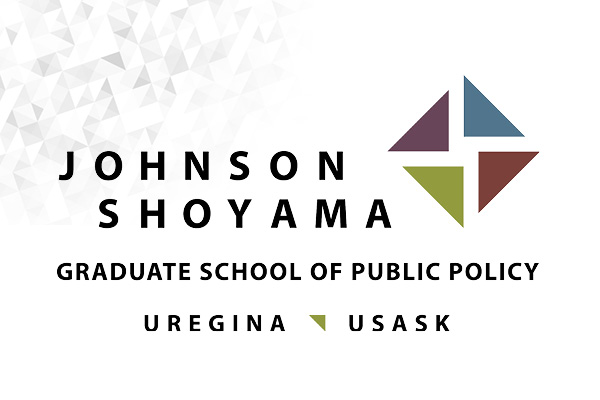Reposted with permission from the College of Graduate Studies and Research at the University of Saskatchewan
Debora Senger shares her experiences interning at UNDP in Viet Nam
 |
I’m now officially at the half way point of my three and a half month internship in UNDP Viet Nam’s Country Office (CO)! I only wish that it could be much longer. The time spent in the UNDP CO and the field has far exceeded my expectations of the internship and of the invaluable role UNDP Viet Nam plays in legal empowerment of the poor.
Looking back, communication has been and continues to be a key ingredient in realizing success.
Weeks one and two were comprised of meetings involving government and civil society organization (CSO) representatives focused on legal empowerment issues and agendas. Additionally, informal orientations took place at both the UNDP CO and Bridges Across Borders Southeast Asia Clinical Legal Education (BABSEA CLE’s) office, a non-governmental organization contracted by the UNDP to provide clinical legal education training to universities across Viet Nam. At the end of the second week however, it was decided that I would be based out of the UNDP CO, rather than BABSEA CLE’s office, as the direction and tools required for the internship could more readily be provided and accessed there.
Weeks three and four included attending a wide variety of meetings with legal empowerment agendas with representatives from UNDP agencies, CSO’s, and university clinical legal education offices. Additionally, it included meetings setup specifically for the purpose of determining whether current legal empowerment projects offered relevant and applicable learning lessons that could be presented at the upcoming annual Legal Empowerment Asia Partnership (LEAP) in Ha Noi on August 27th to 29th. My role at the meetings was to determine whether specific organizations had relevant project activities scheduled throughout Viet Nam, such as community/clinical legal education teachings and workshops, and if so, to attend and document these events. My role with the upcoming LEAP conference in Ha Noi, was to assist UNDP CO coordinate the LEAP conference, together with the Asia Pacific Regional Center in Bangkok (APRCB) in Thailand. Sharing knowledge and experience within the region and facilitating policy development on legal empowerment is the principal purpose of LEAP.
Much of my time over the next five to eight weeks was spent on logistical planning and travelling throughout Viet Nam to document legal empowerment work. My trips to date have included documentation of: a four-day community legal teaching trip by law students from Hue University in a poor mountainous village in the Aluoi district; a training workshop for rights holders and duty bearers of People Living with HIV (PLHIV) in Ho Chi Minh City; legal aid work provided to citizens whose land has been recovered, but who have not been compensated in the province of Binh Thuan; and, mobile legal aid provided to minority groups to secure land use rights certificates in the province of Lam Dong. In all cases, translation was required. For a variety of reasons, however, translation was not always available. It was therefore necessary to find creative solutions to the challenge. In Aluoi, this meant setting up interviews after the teaching was complete, as the translator also played a key role in delivering the teachings. Later, it became necessary to also have key documents in Vietnamese translated. As a result, much of the work required to create communications documents takes place after documentation of events.
I have learned that adapting to work styles and environmental challenges such as pollution and poor living standards are necessary to truly understand legal empowerment at its essence. This means traveling to the destinations I’ve described above to observe the impact of legal empowerment at a grassroots level and hearing from the poor and disadvantaged directly. My supervisor was adamant that these experiences be part of my internship for this very reason! I have had feelings of frustration and disillusionment. On the other hand, they have reinforced the importance of the role CSOs play in legal empowerment, as corruption and bribes are still rampant and operate under a one party state.
Week eight also provided the opportunity to contribute to the creation of a key planning document for the upcoming third-annual LEAP conference. Upcoming weeks will combine more travel to document legal empowerment work and continued focus on coordination of the LEAP conference. My contribution will also include providing content and artistic direction, which is working with presenters in Viet Nam to ensure presentations are rich in content and diverse in scope.
Weeks nine to fifteen are sure to continue offering learning opportunities of a lifetime!
More information on the UNDP Intern Program at the UofS is available from the College of Graduate Studies and Research (grad.recruitment@usask.ca).
For more information on Debora Senger and her UNDP internship, please see:
